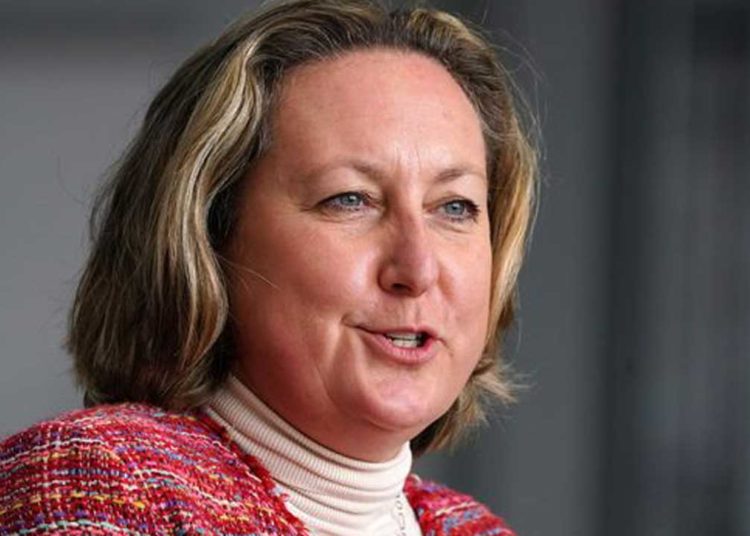Nigeria will benefit from a newly launched United Kingdom’s Developing Countries Trading Scheme (DCTS) which will extend tariff cuts to hundreds of more products exported from developing countries, going further than the EU’s Generalised Scheme of Preferences.
According to a statement issued by the British High Commission in Abuja, the UK International Trade Secretary Anne-Marie Trevelyan said this development is on top of the thousands of products which developing countries can already export to the UK duty-free [and will mean 99% of goods imported from Africa, for example will enter the UK duty free].
The scheme means that a wide variety of products – from clothes and shoes to foods that aren’t widely produced in the UK including olive oil and tomatoes – will benefit from lower or zero tariffs.
The Developing Countries Trading Scheme ensures that British businesses can benefit from more than £750 million per year of reduced import costs, leading to more choice and lower costs for UK consumers to help with the cost of living.
Speaking further on the imperative of the scheme, Trevelyan said “As an independent trading nation, we are taking back control of our trade policy and making decisions that back UK businesses, help with the cost of living, and support the economies of developing countries around the world.
“UK businesses can look forward to less red-tape and lower costs, incentivising firms to import goods from developing countries.”
Acting British High Commissioner to Nigeria, Gill Atkinson, said “Nigeria will automatically benefit from enhanced preferences under the DCTS. This means 99% of total goods exported from Nigeria are eligible for duty-free access to the UK, saving £500,000 of tariffs.
“As an example, cocoa butter exporters will save £180,000. It’s great to see that the new DCTS will also simplify seasonal tariffs, meaning additional access for Nigeria’s exports to the UK.”
The DCTS covers 65 countries across Africa, Asia, Oceania and the Americas including some of the poorest countries in the world.
It removes some seasonal tariffs, meaning more options for British supermarkets and shops all year round. For example, cucumbers, which can’t be grown in the UK in the winter, will now be tariff-free during this period for the majority of countries in the scheme.
This work is part of a wider push by the UK to drive a free trade, pro-growth agenda across the globe, using trade to drive prosperity and help eradicate poverty, the statement said.





